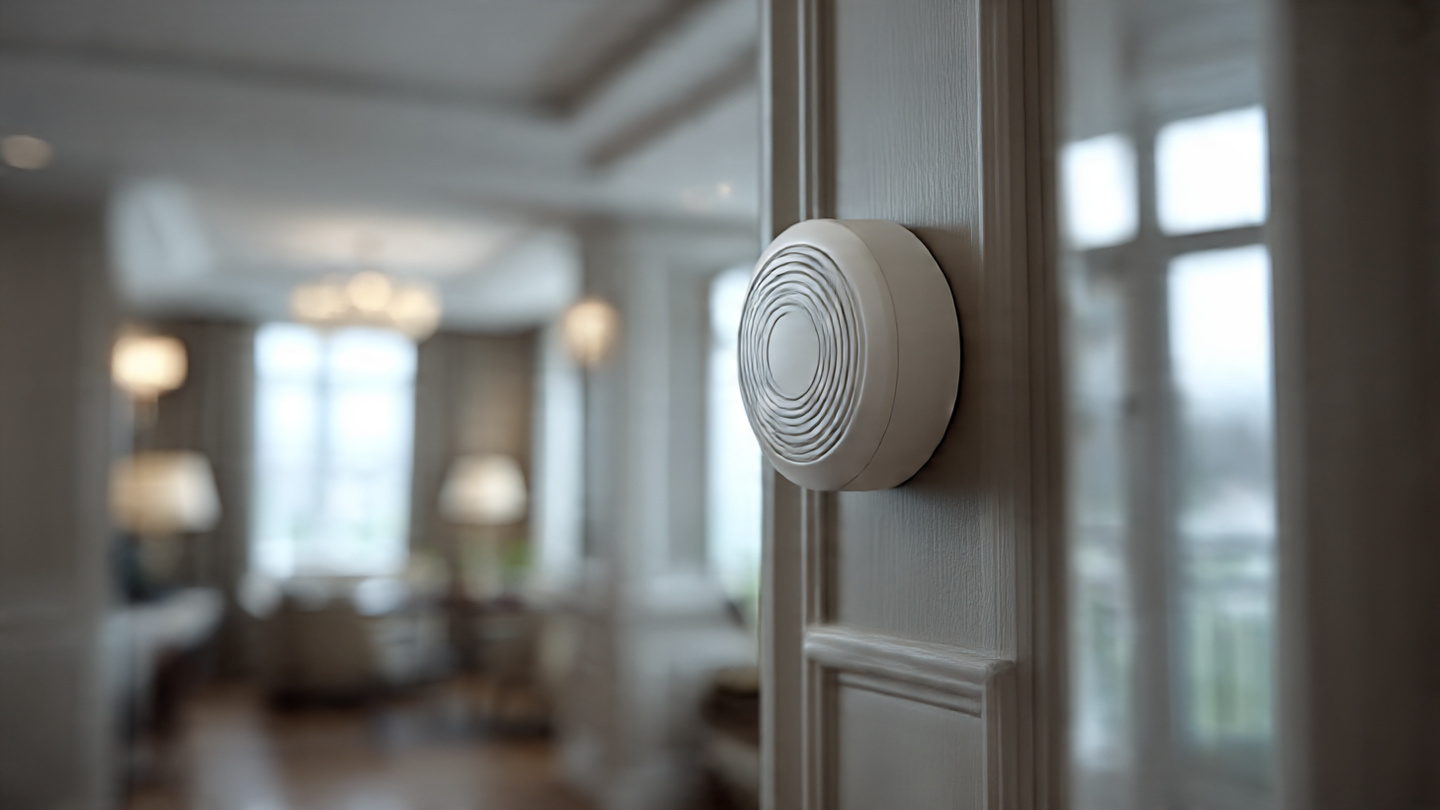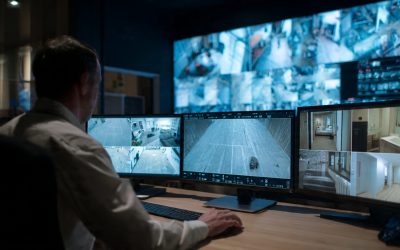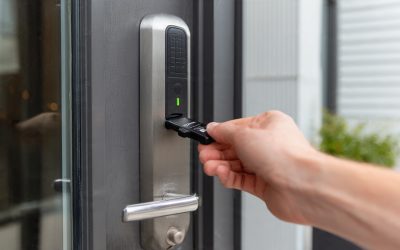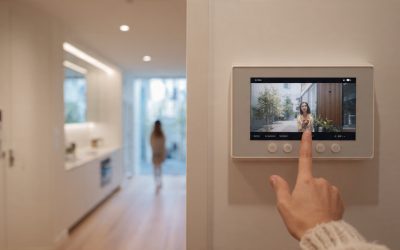Troubleshooting Alarm Repair
Alarm systems serve as a crucial line of defense for both residential and commercial properties. At their core, these systems are designed to detect unauthorized access or other emergencies, such as fire or gas leaks, and alert the property owner or authorities. Typically, an alarm system consists of several components, including sensors, control panels, and alarms.
Sensors can be motion detectors, door/window contacts, or smoke detectors, each playing a vital role in monitoring the premises. The control panel acts as the brain of the system, processing signals from the sensors and triggering alarms when necessary. In recent years, alarm systems have evolved significantly with advancements in technology.
Modern systems often incorporate smart technology, allowing users to monitor their properties remotely via smartphones or tablets. This integration of technology not only enhances security but also provides convenience and peace of mind for property owners. Understanding the basic components and functionalities of alarm systems is essential for anyone looking to enhance their security measures.
By familiarizing oneself with how these systems operate, individuals can make informed decisions about which type of alarm system best suits their needs. We take away the complications for the end user. They don’t have to think about what they have to do – We do the thinking for them.
Key Takeaways
- Understanding the basics of alarm systems is crucial for effective troubleshooting and maintenance.
- Identifying common alarm issues such as false alarms and sensor malfunctions can help in addressing them promptly.
- Troubleshooting power and battery problems is essential for ensuring the continuous functionality of the alarm system.
- Addressing sensor malfunctions promptly can prevent security vulnerabilities and false alarms.
- Resolving communication and connectivity issues is important for ensuring that the alarm system is able to transmit alerts effectively.
Identifying Common Alarm Issues
Despite their effectiveness, alarm systems are not immune to issues that can compromise their functionality. One of the most common problems encountered is a failure to trigger an alarm when a breach occurs. This can be due to various factors, including faulty sensors or improper installation.
Additionally, alarm systems may experience issues with false alarms, which can lead to unnecessary panic and a waste of resources for emergency services. Identifying these common issues is the first step toward ensuring that an alarm system operates effectively. Another prevalent issue is the failure of the control panel to communicate with the sensors or alarms.
This can result from wiring problems, software glitches, or even outdated technology. In some cases, users may find that their alarm system is not responding as expected due to a lack of maintenance or regular updates. By being aware of these potential issues, property owners can take proactive measures to address them before they escalate into more significant problems.
Troubleshooting Power and Battery Problems
Power and battery issues are among the most frequent culprits behind alarm system malfunctions. A common scenario is when an alarm system fails to activate due to a power outage or a drained battery. In many cases, alarm systems are equipped with backup batteries designed to keep them operational during power failures.
However, if these batteries are not regularly checked or replaced, they may not function when needed. Property owners should ensure that they have a routine maintenance schedule in place to inspect and replace batteries as necessary. Additionally, it is essential to verify that the alarm system is receiving adequate power from its primary source.
This may involve checking circuit breakers or fuses to ensure they are functioning correctly. If the system is hardwired, inspecting the wiring for any signs of damage or wear can also help identify potential power issues. By addressing power and battery problems promptly, property owners can maintain the reliability of their alarm systems and ensure they are always ready to respond in case of an emergency.
Addressing Sensor Malfunctions
Sensor malfunctions can significantly impact the effectiveness of an alarm system. These devices are responsible for detecting movement or unauthorized access, and any failure in their operation can leave a property vulnerable. Common sensor issues include misalignment, dirt accumulation, or even physical damage.
For instance, motion detectors may fail to trigger if they are obstructed by furniture or other objects. Regularly inspecting and cleaning sensors can help prevent these problems and ensure optimal performance. In some cases, sensors may require recalibration or reprogramming to function correctly.
This is particularly true for advanced systems that utilize smart technology. Property owners should consult their user manuals or contact professional technicians for guidance on how to recalibrate their sensors effectively. By taking proactive steps to address sensor malfunctions, property owners can enhance the overall security of their premises and reduce the likelihood of false alarms.
Resolving Communication and Connectivity Issues
Communication and connectivity issues can pose significant challenges for alarm systems, particularly those that rely on wireless technology. These systems depend on a stable connection between sensors, control panels, and monitoring services to function effectively. Interference from other electronic devices or physical barriers such as walls can disrupt this communication, leading to delayed alerts or complete system failures.
Property owners should be aware of their environment and take steps to minimize potential interference. To resolve connectivity issues, it may be necessary to reposition sensors or the control panel to improve signal strength. Additionally, ensuring that firmware and software are up-to-date can help enhance communication between devices.
In some cases, investing in signal boosters or repeaters may be necessary to extend the range of wireless systems. By addressing communication and connectivity issues promptly, property owners can ensure that their alarm systems remain reliable and effective in protecting their properties.
Dealing with False Alarms
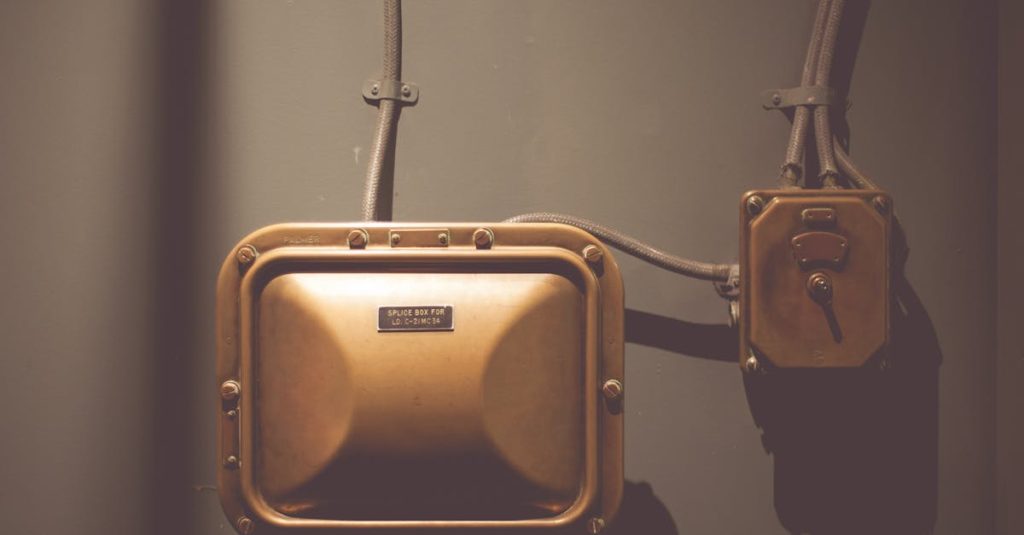
False alarms are a frustrating yet common issue faced by many alarm system users. These unwarranted alerts can occur for various reasons, including sensor malfunctions, user error, or environmental factors such as pets triggering motion detectors. Not only do false alarms create unnecessary stress for property owners, but they can also lead to fines from local authorities if they occur frequently.
Therefore, it is essential to address this issue proactively. One effective way to reduce false alarms is through proper training for all users of the alarm system. Ensuring that everyone understands how to arm and disarm the system correctly can significantly decrease user-related errors.
Additionally, adjusting sensor sensitivity settings may help minimize false triggers caused by pets or environmental factors. Regular maintenance checks on sensors and other components can also help identify potential issues before they lead to false alarms. By taking these steps, property owners can enhance the reliability of their alarm systems while reducing the occurrence of false alerts.
Seeking Professional Help when Necessary
While many alarm issues can be resolved through troubleshooting and maintenance by property owners themselves, there are times when professional assistance is necessary. Complex problems such as wiring issues, software malfunctions, or extensive sensor failures may require the expertise of trained technicians. Seeking professional help ensures that any underlying issues are addressed correctly and efficiently, ultimately enhancing the overall security of the property.
When choosing a professional service provider, it is essential to select a reputable company with experience in handling alarm systems. A family-owned and operated security company like ours has over 15 years of experience delivering tailored security solutions across Sydney. We have built trust with hundreds of residential, commercial, government, and healthcare clients by providing high-quality services customized to meet individual needs.
Our licensed and fully insured team is dedicated to ensuring that your security system operates at its best.
Tips for Preventing Future Alarm Problems
Preventing future alarm problems requires a proactive approach that includes regular maintenance and user education. Establishing a routine inspection schedule for all components of the alarm system is crucial for identifying potential issues before they escalate into significant problems. This includes checking batteries, cleaning sensors, and ensuring that all wiring is intact and functioning correctly.
Additionally, educating all users about the proper operation of the alarm system can significantly reduce user-related errors that lead to false alarms or system malfunctions. Providing training sessions or instructional materials can help ensure that everyone understands how to use the system effectively. Furthermore, staying informed about advancements in security technology can help property owners make informed decisions about upgrades or enhancements to their existing systems.
In conclusion, understanding alarm systems’ basics and being aware of common issues can empower property owners to maintain effective security measures. By troubleshooting problems related to power, sensors, communication, and false alarms while seeking professional help when necessary, individuals can ensure their properties remain secure. Taking proactive steps toward prevention will ultimately lead to a more reliable alarm system that provides peace of mind for years to come.
If you’re looking to enhance your security system, understanding the importance of alarm repair is crucial. A well-maintained alarm system not only protects your property but also ensures peace of mind. For more insights on how security systems can safeguard your premises, check out this related article on how hotel access control systems keep guests safe.







